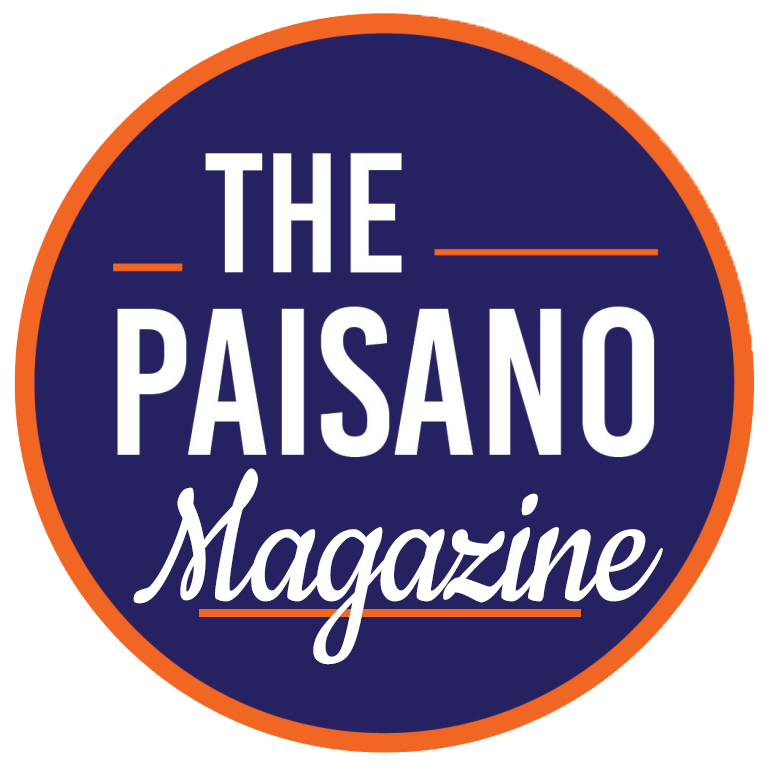Raw
Often referred to as “raw fooders” or “raw vegans,” the core of this diet is only eating unrefined, living plant-based foods. Staple items include fruits, vegetables, leafy greens, nuts and seeds — all consumed in their natural state. Cooking and steaming are preferably avoided to ensure that the food stay as fresh and typically retain as many nutrients as possible. Dehydraters are a common staple in the kitchen of “raw fooders” (a popular tool that hunters use to dehydrate meat).
Pros: Toxic residues, such as pesticides, commonly used by modern big food industries are eliminated from your diet, making for gentler foods.
Cons: Cooked foods are gentler on the human body’s digestive system than raw foods — something for those with weaker stomachs to keep in mind.
Vegetarianism
This diet is the renunciation of any meat. This means no red meat, poultry, seafood, or even insects. Most people become vegetarian by cutting off these food groups cold turkey — an abrupt cessation — while others make the change gradually. When making such a huge lifestyle, change you want to do what works best for you. People are always wondering how vegetarians eat protein. There are many different types of meat substitutes to choose from for a source of protein. Some of them include tempeh (cultured soybeans with a chewy texture), tofu (freezing and then thawing gives tofu a meaty texture; the tofu will turn slightly off-white in color), wheat gluten or seitan (made from wheat and has the texture of meat; available in select grocery stores). Greek yogurt, beans and legumes are typically an integral part of a vegetarian’s diet because they’re high in protein. Some vegetarians eat fish and call themselves pescatarians and many vegetarians eat eggs.
Pros: You’ll keep your weight down, help reduce pollution and the use of fossil fuels, avoid toxic chemicals and spare animals’ lives.
Cons: Although a vegetarian diet can be very healthy, it’s not a guarantee. The nutrients obtained from animal products need to be replaced. Protein is always a big concern, as are other vitamins and minerals like iron and B12.
Paleo
This diet can be simply defined using a situational example: “If a caveman couldn’t eat it, neither can you.” This diet mainly consists of foods like meats, fish, nuts, leafy greens, regional veggies and seeds. Anything else that has been processed is off limits. Meaning all the pasta, cereal and even salt has to go. There are several guidelines that you must follow, but the main idea is that the overall diet should be high in fat.
Pros: High protein means more muscle mass you can benefit from and less sugary, processed foods.
Cons: Adopting a diet from ancient times — a time when the average lifespan was in the late 20s — is less appealing when living in 2016.
Veganism
Vegans follows the same dietary regulations that vegetarians do in addition to abstaining from the consumption and use of all animal products (milk, cheese, other dairy items, eggs, honey, wool, silk or leather). Many people see veganism more as a “cruelty-free” lifestyle rather than just a diet choice. While it may not seem like a huge difference from vegetarianism at first glance to some, the distinction is important. Veganism promotes a more humane, caring view of the environment by taking a firm stand against the industrialization of animals. A lot of common vegan foods include whole grains, stir-fried vegetables, peanut butter, vegetarian baked beans and hummus.
Pros: With veganism, you’re not only helping yourself be the healthiest person you can be, but the most conscientious one as well. Veganism also lowers your cholesterol level.
Cons: Being vegan can cause a deficit of vitamins and minerals like iron, which can lead to anemia. You also have to carefully plan ahead before eating out.






